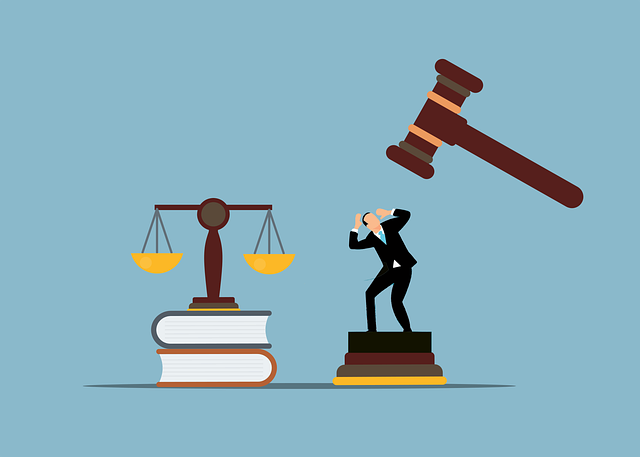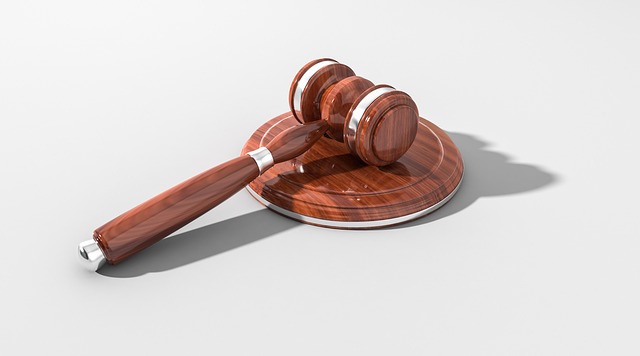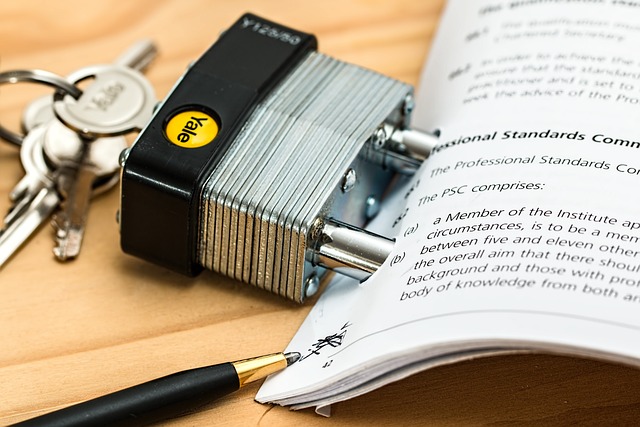Unconstitutional searches, seizures, and arrests in Houston pose significant risks to citizens' privacy and civil liberties, highlighted by the Fourth Amendment. Houston criminal lawyers play a crucial role in guiding clients through these issues, ensuring law enforcement adheres to strict protocols like obtaining warrants based on probable cause and respecting private property boundaries. They analyze arrest procedures, challenge invalid searches, and employ strategies such as the exclusionary rule to protect clients' rights. Citizens can proactively safeguard their rights by knowing their constitutional protections, remaining calm during encounters, carrying identification, using encryption, and understanding police authority limits, with a Houston criminal lawyer offering vital guidance in these situations.
In the pursuit of justice, understanding and challenging unconstitutional searches, seizures, and arrests are paramount. This article equips Houston criminal lawyers and citizens alike with knowledge on navigating these complexities. We delve into the intricacies of rights protection, focusing on unconstitutional search and seizure practices, from identifying procedural errors in arrests to strategic legal challenges. By exploring preventative measures, we empower individuals to safeguard their rights against abusive law enforcement tactics.
- Understanding Unconstitutional Searches and Seizures: The Rights of Citizens
- When Are Arrests Unlawful? Evaluating Procedural Errors
- Challenges in Court: Legal Strategies for Houston Criminal Lawyer
- Preventative Measures: Protecting Your Rights from Unconstitutional Practices
Understanding Unconstitutional Searches and Seizures: The Rights of Citizens

Unconstitutional searches, seizures, and arrests are a significant concern for citizens across the United States, including those in Houston. The Fourth Amendment protects individuals from unreasonable searches and seizures, ensuring their privacy and civil liberties. However, understanding what constitutes an unconstitutional search or seizure is essential for every Houston criminal lawyer to guide their clients effectively.
Houston residents should be aware that any search or seizure conducted by law enforcement must adhere to strict legal protocols. This includes obtaining a valid warrant based on probable cause, respecting private property boundaries, and minimizing intrusions during investigations. When these rights are violated, it can lead to evidence being ruled inadmissible in court, potentially safeguarding individuals from unfair prosecution.
When Are Arrests Unlawful? Evaluating Procedural Errors

In Houston, as in many jurisdictions across the United States, arrests are considered unlawful if they violate a person’s constitutional rights. A fundamental principle of American law is that citizens have certain protections against unreasonable searches and seizures, as outlined in the Fourth Amendment. When an arrest occurs, it must be supported by probable cause—a reasonable belief that the individual has committed or is about to commit a crime. Houston criminal lawyers often scrutinize the circumstances leading up to an arrest to identify any procedural errors.
Evaluating these errors involves looking at factors such as whether the arresting officer had valid reasons to stop and detain an individual, if consent was obtained properly (or if it even existed), and if the search or seizure exceeded what was reasonable under the given situation. Such legal analysis is crucial in determining whether an arrest was lawful or not, potentially leading to the dismissal of charges or the exclusion of evidence in court.
Challenges in Court: Legal Strategies for Houston Criminal Lawyer

When facing charges in Houston, a criminal lawyer plays a pivotal role in challenging unconstitutional searches, seizures, and arrests. One of the primary strategies is to question the validity of the search warrant. This involves scrutinizing whether the affidavit presented to obtain the warrant contained sufficient probable cause and if the search was conducted within the scope authorized by the warrant.
Houston criminal lawyers also leverage the exclusionary rule, which states that evidence obtained through unconstitutional means cannot be used in court. They argue that any evidence seized during an illegal search or arrest should be excluded, aiming to protect individuals’ Fourth Amendment rights against unreasonable searches and seizures. Effective legal strategies often include detailed cross-examinations of law enforcement officers, highlighting procedural errors or violations of constitutional rights.
Preventative Measures: Protecting Your Rights from Unconstitutional Practices

Knowing your rights and taking proactive measures can significantly protect you from potential unconstitutional searches, seizures, and arrests. As a citizen, you have the right to refuse unlawful searches unless properly justified by law enforcement. This means maintaining a calm demeanor and clearly communicating your desire for legal counsel before agreeing to any search. Houston criminal lawyers recommend carrying identification and knowing your rights, which can deter excessive force or unwarranted arrests.
Additionally, being aware of your surroundings and practicing vigilant behavior without crossing the line into paranoia is crucial. Keeping personal belongings secure, using encryption on devices, and understanding the legal limits of police authority can all contribute to safeguarding against unconstitutional practices. Remember, a well-informed individual is better equipped to protect their rights in the event of an encounter with law enforcement.
In conclusion, understanding your rights against unconstitutional searches, seizures, and arrests is paramount, especially with the guidance of a seasoned Houston criminal lawyer. By recognizing when these practices cross legal boundaries, employing strategic challenges in court, and taking preventative measures, individuals can safeguard their liberties and ensure fair treatment under the law. Stay informed, exercise caution, and don’t hesitate to seek legal counsel if your rights are violated.
